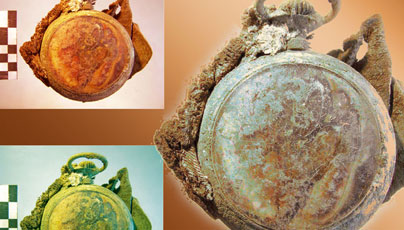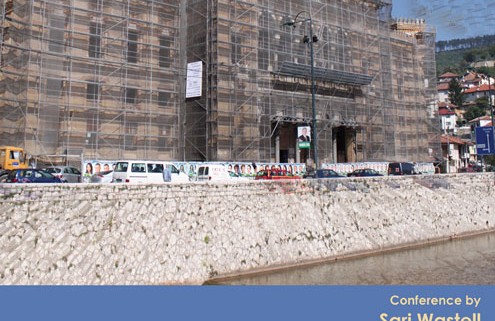Wednesday, February 1st, 2012.
Salón de actos. From 11:00 to 14:00 hrs.
CCHS, CSIC, Madrid
El 27 de mayo de 2011 el gobierno español nombró una comisión de 12 expertos para que elaborara recomendaciones destinadas a llevar a cabo la democratización de un monumento muy enrevesado y de difícil gestión simbólica, social, política o incluso religiosa, que sigue siendo a día de hoy el emblema más señalado del franquismo y contiene en su recinto un cementerio con más de 30.000 personas que incluye los cuerpos de Francisco Franco y José Antonio Primo de Rivera. Tomando como base las propuestas de transformación que se hicieron en el documento entregado al gobierno, muchas de las cuales no han trascendido todavía a la esfera pública, el Foro CCHS que se propone pretende contribuir -desde el mundo académico y con una perspectiva al tiempo crítica y autocrítica- a fomentar y profundizar el debate social sobre dicho monumento, sin paralelismo en el mundo en historia, simbología y escala.
Con esta iniciativa se trata fundamentalmente de contribuir a establecer unos referentes para discutir, imaginar y diseñar un futuro democrático, abierto y plural para el Valle como lugar de memoria, premisa fundamental para su transformación real ya sea a corto, medio o largo plazo. Para ello, se plantearán para el debate público aspectos clave de la historia y la simbología del Valle -entendidos como procesos- o las opciones que presenta el monumento en la actualidad -acompañar su ruina y derrumbe, preservación en su formato actual franquista, o profunda resignificación-, enfatizando las principales paradojas y limitaciones del proceso de democratización del monumento, así como de su potencial recorrido político en la España contemporánea. Como base para imaginar futuros de transformación posibles para un monumento de esta naturaleza, se plantearán además paralelismos y contrastes con los procesos memorialísticos, artísticos, sociales y políticos que desembocaron en actuaciones de una escala semejante a la propuesta por la Comisión en otros memoriales en otros lugares del mundo como mínimo igual de complejos, como pueden ser los de Hiroshima y Nagasaki o el de las víctimas del Holocausto de Berlín.
Roundtable participants: Reyes Mate (IFS-CCHS,CSIC), Francisco Ferrándiz (ILLA-CCHS, CSIC), Carme Molinero (Universitat Autònoma de Barcelona), Ricard Vinyes (Universidad de Barcelona)
Chair de la mesa redonda será Leoncio López-Ocón (IH-CCHS,CSIC)
Organized by: Reyes Mate (Intituto de Filosofía), Francisco Ferrándiz (Instituto de Lengua, Literatura y Antropología) y Centro Ciencias Humanas y Sociales-CSIC
Este evento será retransmitido por videostreaming (visionado con flash o con Quicktime)
 Síguenos en Twitter @foro_cchs
Síguenos en Twitter @foro_cchs

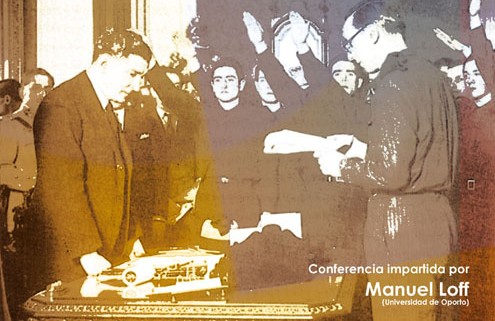


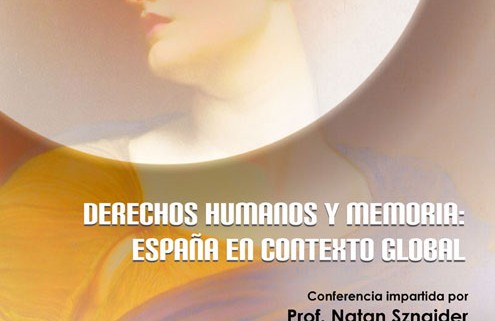


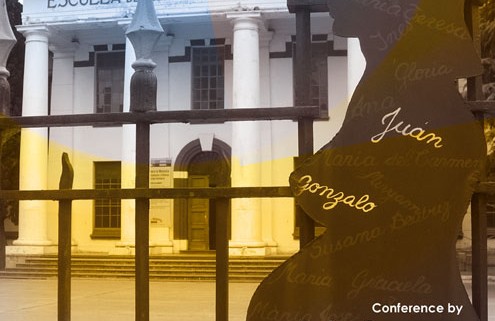
 Conference by Berber Bevernage (Ghent University)
Conference by Berber Bevernage (Ghent University)

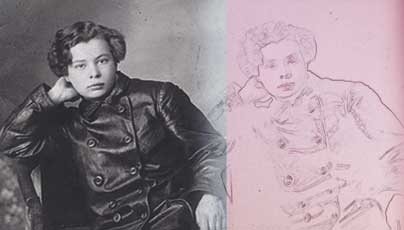
 Conference by Nanci Adler
Conference by Nanci Adler